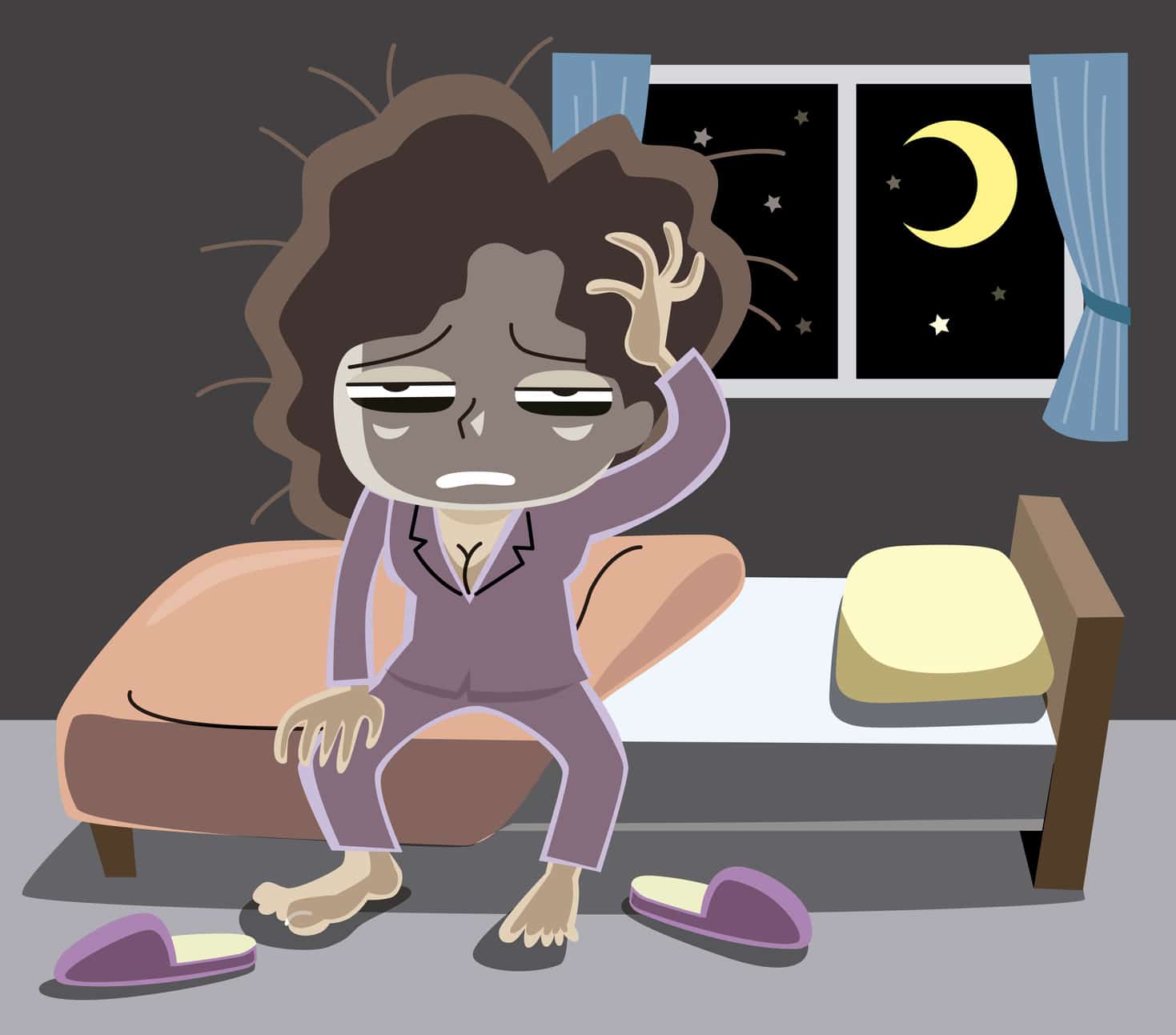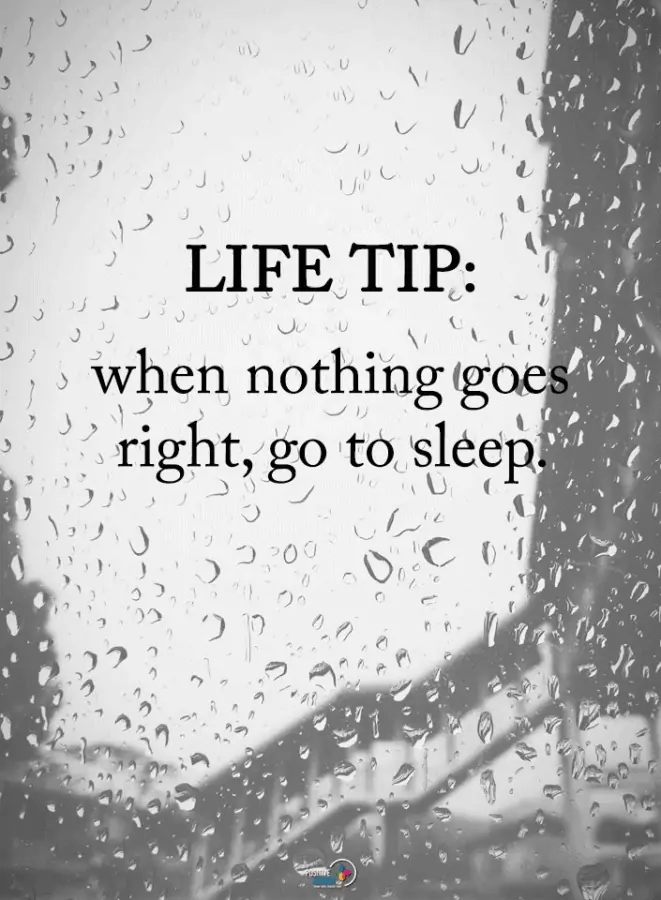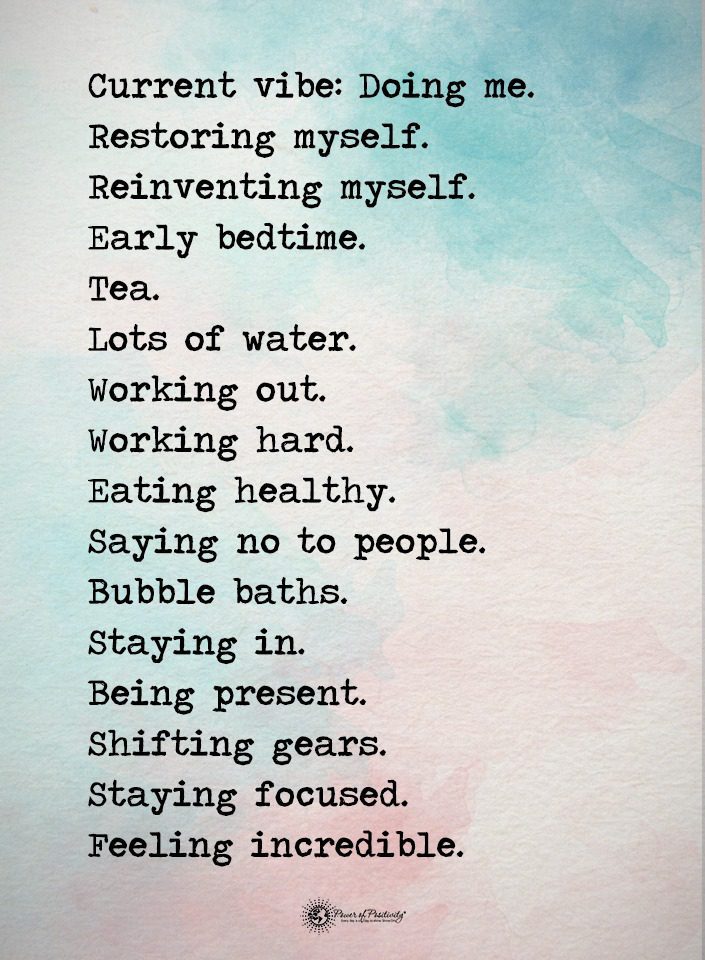Most of us love it; all of us need it; and most of us don’t get enough of it: sleep. Despite the crazy number of studies and several handsome doctors on TV telling us about the importance of having a good night’s slumber, many are still guilty of bad sleep habits.
Consider this stat from the Centers for Disease Control (CDC): more than one-third of adults in the United States sleep fewer than six hours a night. Keep in mind that six hours is the absolute bare minimum recommended by health professionals. Adding to the CDC’s findings, the National Sleep Foundation (NSF) discovered a few other troubling statistics:
- At least 40 million adults suffer from over 70 different sleep disorders (70?!?)
- 60% of adults report having sleep problems a few nights a week or more.
- More than 40% of adults report severe daytime sleepiness interfering with daily activities.
- Perhaps most troubling, 69% of children experience one or more sleep problems a few nights or more during the week.
These numbers are truly staggering, so much so that the CDC calls the lack of sleep in America an epidemic, something that some organizations have already done. Indeed, the reasons for this epidemic – in America and many other places in the world – is that there is still a lack of understanding and knowledge of why sleep is essential.
Here are just a few benefits of a good night’s sleep: improved concentration, better memory, fewer accidents, less stress, less anxiety, more creativity, longer life, improved overall performance, etc. And this by no means is an exhaustive list.
With that said, how can we sleep better? It’s unnecessary to load up on sleeping pills (probably), as there are numerous natural ways to get better shuteye.
Here are 20 ways to get better sleep naturally:
1. Develop a routine
Many (most?) of us are guilty of that well-deserved Saturday morning slumber (lowers head in shame). Sleeping in wreaks havoc on our ‘internal clock’, causing more sleep problems. Heading to bed simultaneously every night – including on weekends, holidays, etc. – helps establish and maintain our internal clock. It helps us sleep better by reducing the amount of tossing, turning, and waking up.
2. Exercise (at the right time)
Here’s a shocker, right? “What doesn’t exercise do?” is the more appropriate response. Researchers at Northwestern University’s Department of Neurobiology and Physiology report that once-sedentary individuals who implemented aerobic exercise four times a week improved their sleep quality from ‘poor’ to ‘good.’ It’s vital to ensure that we’re scheduling activity at the right time, as well. Working out late could negatively affect sleep since exercise releases a mix of brain chemicals that promote alertness. Work out at least three hours before bedtime to counteract this problem.
3. Eat and drink differently
Our sleeping habits should eliminate some items from our diets by a specific time. Cut out these treats by mid-afternoon: chocolate, caffeine, coffee, soda, and tea. Also, eat lighter in the evening, as a large meal delays digestion and interferes with sleep. The best idea is to make dinner our lightest meal and eat it a few hours before bedtime. Lastly, make sure to skip the heavy and spicy foods at night.
4. Don’t smoke or drink alcohol
Cigarettes contain nicotine, which is a stimulant. Stimulants cause feelings of alertness and anxiety in the brain – a bad combo when trying to sleep. A study at Johnson Hopkins University School of Medicine states that smokers are four times more likely to report not feeling as well rested after a whole night’s rest than nonsmokers. Also, stay off the booze, as alcohol creates a similar, stimulating response in the brain.
5. Lay off the electronics
According to a study by the National Sleep Foundation, every individual included in the study had used electronic devices (cell phone, tablet, computer, etc.) within an hour of trying to sleep. This habit is counterproductive to slumber since the light emitted from the device stimulates the brain, making it more difficult to drift off. A good rule of thumb is to stop using these devices about an hour before hitting the sack.
6. Keep it cool
It’s been discovered that warm temps are not ideal for a good night’s sleep. Keeping the thermostat somewhere around the 65-degree mark is more conducive to our body’s needs. While some may consider this a bit chilly, sleep experts recommend keeping it at this level while using additional bed covers and wearing heavier sleep attire for extra comfort, if needed. This practice effectively reduces our core body temperature, helping us drift off to sleep much more effortlessly.
7. Sleep alone
For those who are married, this doesn’t apply (although we need our own space). For those who are single, we shouldn’t be sharing the bed. Mayo Clinic performed a study in which they found that over half (53%) of people that slept with a pet experienced disruption in their sleep.
More than 80% of parents that slept with their children had multiple occurrences of waking up. The lesson is quite simple: dogs and kids do not make good slumber buddies. Try to keep those furry friends and adorable kiddies out of the bedroom.
8. Darken the room
It’s pretty standard sense stuff here, but light tells our body it’s time to wake up. Even low-light emitting devices such as a cell phone, computer, and night light can cause fluctuations in melatonin levels in the brain. Normal melatonin levels are essential to good sleep because they regulate sleep and wake cycles.
Simply put, darken the room as much as possible. Consider buying some black-out curtains if it becomes necessary.
9. Don’t force it
Forcing ourselves to try to sleep is worse than not getting any at all. The reason is that when we know, we’ve got to get our sleep but can’t, it creates feelings of anxiety and stress. We are not going to drift off when this is the case. A much better idea is to do something light, such as read a book (a paperback or hardcover), do some mundane chores put off, or maybe knit some gnarly crochet for the couch.
Okay, so knitting is not necessary…but indulge in some hobby until the eyelids become heavy once again. Then head back to bed.
10. Don’t nap during the day
Even a quick nap during the day could disrupt your ability to get a whole night’s sleep. Although a short nap can boost your brain function, studies show sleeping too long, over thirty minutes a day, puts you at risk of cardiovascular disease. So, if you feel you need a nap during the day, choose a shorter one rather than a long, drawn-out nap.

11. Try essential oils
Certain essential oils can improve your ability to relax and sleep better. Whether you use a diffuser or massage it into your skin, these essential oils can be beneficial to helping you get a good night’s sleep.
- Chamomile oil: Chamomile is a soothing herb. It’s used in teas, and the oils encourage relaxation. Diffuse some chamomile oil into the air in your bedroom before bed. The floral aroma will give you a sense of calm as you get ready for bed. Chamomile is also suitable for healing wounds, providing digestive support, and reducing anxiety and depression.
- Lavender oil: Also beneficial for sleep is lavender oil. Lavender promotes peacefulness. You can put a few drops of lavender on your pillow. As you smell the aroma of lavender, it relaxes you, so you ease into sleep. Lavender is also suitable for lowering your heart rate and blood pressure.
12. Let go of your worries
Try to let go of the worries before you hit the bed. Of course, you can’t eliminate all the things bothering you, but you can manage them, so they aren’t weighing you down. Try doing a couple of these things.
- Write a list: Write down all the significant issues bothering you. When they’re written in black and white, they may not look as bad as you thought.
- To-do list: Make a list of what you need to do the next day. Once it’s on paper, you can let go of thinking about them.
- Try prayer: Asking God to help you with a problem allows you to let go of worries. Praying about a specific situation can free your mind from ruminating over an issue.
13. Get outside in the sunlight during the day
You have a natural clock that affects your hormones, body, and brain. It keeps you awake during the day and helps you sleep at night. Sunlight helps your body clock function well to sleep at night. People with insomnia improve their sleep by being exposed to 2 hours of bright sunlight. If you can’t get outside into the sunlight, buy an artificial sunlight lamp which gives you the same benefits.
14. Take a calcium or magnesium supplement
Lack of sleep is terrible for your rest. It can lead to health risks, such as:
- High blood pressure
- Heart attack
- Diabetes
- Stroke
- Heart failure
- Depression
- Overweight
- Lower sex drive
- Lower immune system
Several supplements can help you relax and fall asleep. Magnesium and calcium improve your ability to sleep.
15. Find ways to relax
Incorporate relaxation into a pre-bedtime routine to help yourself relax—relaxation techniques, such as relaxing music, deep breathing, meditation, and visualization. Figure out which strategies that work best for you.
16. Have a good mattress and pillow
It’s easy to overlook something as simple as having a good mattress and pillow to improve your sleep. The benefits of a good bed are huge. It can improve your
- Back pain
- Back stiffness
- Shoulder pain
- Improve sleep
Invest in a new mattress at least every five to eight years. If you’re having trouble sleeping, a new mattress or pillow could be a simple fix.
17. Relaxing bath or shower
Another way to fall asleep faster is to take a bath or shower before bedtime. A bath or shower helps ease your body aches and pains, relax your muscles and help you relax. Some people say that simply bathing their feet in warm water helps them relax and sleep better.
18. Be sure you don’t have sleep apnea
If you have consistent sleep problems, you may want to get a check-up to eliminate health problems such as sleep apnea. Sleep apnea disrupts your breathing and can cause you to stop breathing during your sleep. If you snore a lot, you could have one of these sleep apnea conditions:
- Obstructive apnea: The most common type of sleep apnea. It constricts your throat muscles so that they won’t relax.
- Central apnea: This disorder happens in your brain, causing it not to send the right signals to your breathing muscles.
- Complex apnea: This sleep apnea is a combination of obstructive and central sleep apnea.
19. Drinking too much water in the evening
If you drink a lot of water in the evening, it disrupts your rest because you need to urinate. It’s essential to stay hydrated, but try to consume most of your fluids in the morning and afternoon. Avoid drinking fluids one to two hours before you go to bed.
20. Your bedroom conditions
Does your bedroom face a busy street? Do the street lights light up your bedroom? These environmental things can affect your sleep. Think about ways to create a good bedroom environment, such as:
- Blackout darkening curtains
- A fan or sound machine for white noise
- Quiet clocks
- Clean, organized room
Researchers found that your sleep is disrupted by placing your bed incorrectly. They say this is because your body contains iron, which is attracted to the earth’s magnetic fields. If your bed is located so that your head is to the north-facing wall, your blood is pulled towards your brain while you sleep. They think this can lead to insomnia, nightmares, and even strokes in some people, especially the elderly.
Final Thoughts on Getting Better Sleep
Getting a whole night’s sleep improves your entire day. When you can’t sleep, it affects your brain and body function. Hopefully, if you struggle with sleep, one of these tips will help you. Whether you choose to take a calcium/magnesium supplement, use relaxation techniques, or change your bed’s location, you can enhance your sleep. If these suggestions don’t work for you, you may want to visit your health provider to ensure you don’t have a sleep disorder such as sleep apnea.


















